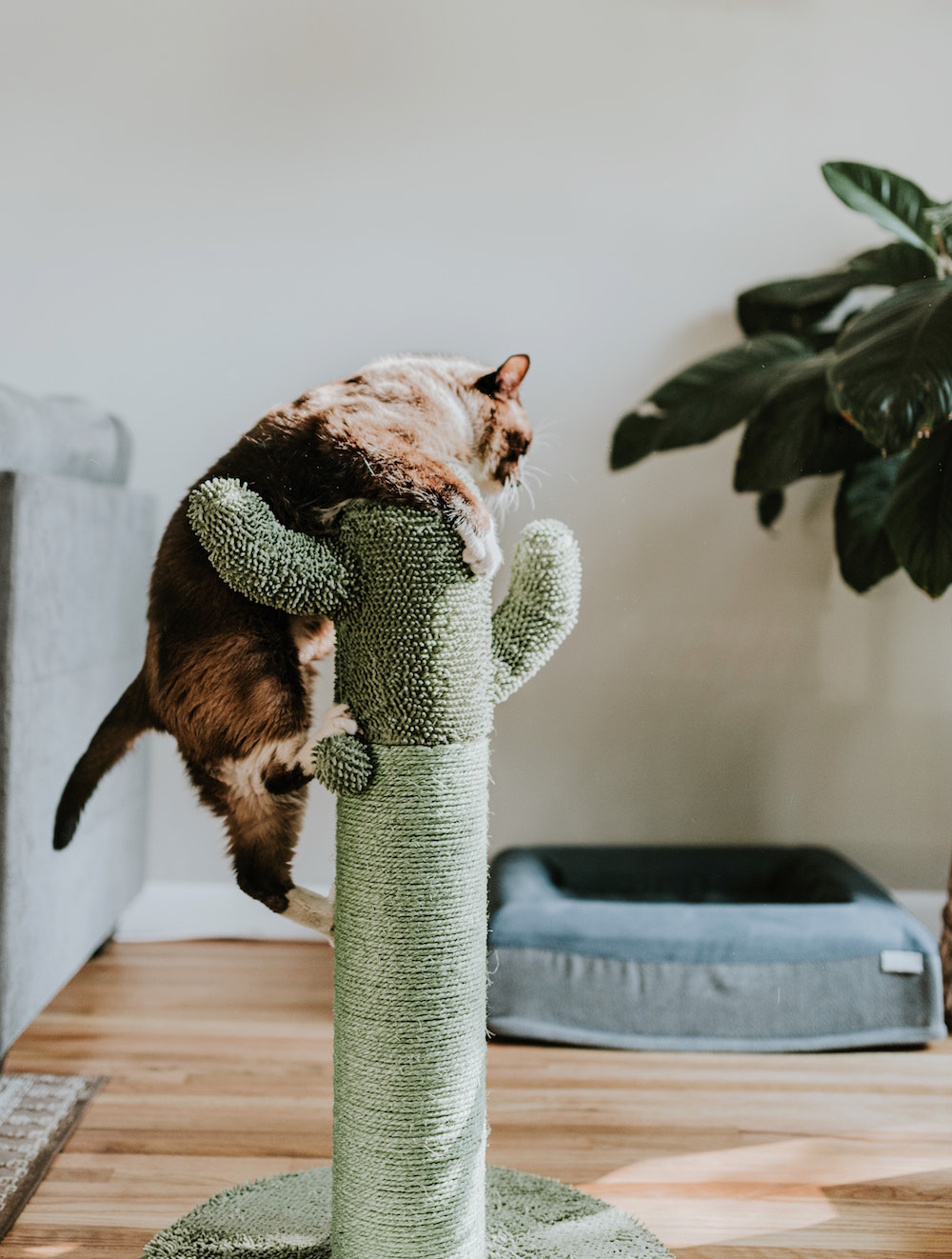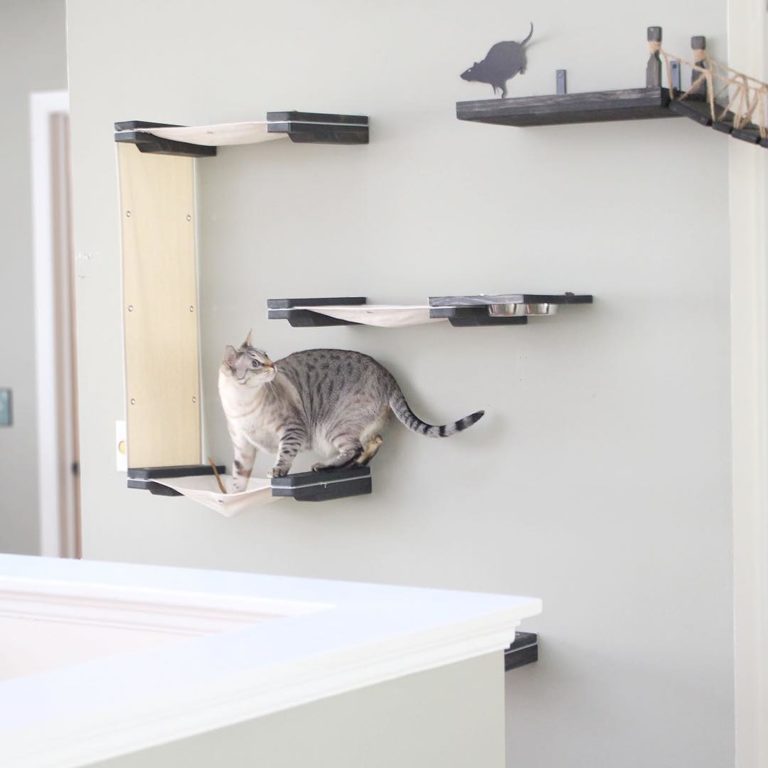Nutritional Guide for First Time Cat Owners
If you plan on owning a cat for the first time, you may have a few questions about its care and nutrition is one of the most common concerns. Your cat needs proper nutrition to lead a long and healthy life. Keep reading to learn about the most important considerations when feeding your cat.

Since cats are obligate carnivores, they get most of their nutrients from animal products. Their prey is generally rich in fat, proteins, and small amounts of carbohydrates. When feeding, ensure that they get these nutrients. They also need fatty acids, vitamins, minerals, and amino acids. Even though cats only require a certain amount of nutrients to be healthy, more is better, especially when it comes to vitamins and minerals. With a balanced diet, your cat does not need supplements. Do not give them any supplements without the approval of a veterinarian. Your cat should be able to access clean water at all times.
Homemade Diets
Even though homemade diets for your cat may take a lot of time and effort, they may be a good idea if you have the help of your vet. It can be difficult to come up with a recipe that has all the appropriate nutrients in their right proportions. Commercial foods are a better option than homemade diets. They are nutritionally balanced and convenient. Homemade diets are appropriate when recommended by a vet for medical reasons.
Understand Your Cat’s Eating Habits
Cats are picky eaters and you may have trouble finding food that they like. Pay attention to their eating habits and adjust appropriately. According to the team at Pet Sumer, understanding your cat is the key to making it happy. Dirty food containers and a noisy environment can deter your cat from eating.
With the right diet, your cat should maintain a healthy weight. Your vet should let you know how much food your cat needs to consume and their ideal weight. Obesity is a common cat problem. It increases your cat’s risk of diabetes and arthritis.
Even though many cats may be content with eating a single food, others need a variety of flavors. Consider feeding them two to three food options. If you keep feeding them just one type of food, they may develop an exclusive preference for a specific food. If your cat has a poor appetite and it keeps losing weight, seek the help of a vet as soon as possible.
Commercial Diets
Commercial cat foods may be canned, dry, or semi-moist. They are all great, but they differ in digestibility, water content, palatability, and caloric density.
Dry Cat Foods
Dry foods have six to 10 percent water. Different ingredients may be extruded and dried. They are available in bite-sized pieces and the combined ingredients may include:
- Poultry or poultry byproducts
- Grains and grain byproducts
- Milk products
- Meat and meat byproducts
- Sources of fiber
- Fish meal
- Minerals and vitamins
Dry foods are relatively cheap. They are coated with flavor enhancers to make them more appealing to cats, and they do not dry out.
Canned Foods
The moisture content in canned cat foods is at least 75%. They are, therefore, a great source of water. Canned foods are the most expensive type of commercial cat food. However, most cats prefer them. There are various types of canned foods so you can easily find a good option for your cat. Most of them include byproducts of whole meat, liver, and kidney. Reading the nutrition labels will help you determine whether the canned food you choose is nutritionally complete.
Semi-Moist Food
The moisture content of semi-moist food is about 35%. The main ingredients of these foods are meat, byproducts of meat, cereals, byproducts of grains, and soybean meal. It is more appealing to cats than dry food.
Treats
Treats are not nutritionally complete but you can give them to your cat once in a while. Generally, cats should not be more than 15% of your cat’s caloric intake. Some treats may not be good for your cat. Raw meat, for example, is an excellent source of nutrition. However, it can transmit toxoplasmosis and other diseases. Some canned fish products may increase your cat’s risk of neurological disorders. Many cats are lactose intolerant so milk may not be a good treat. It increases your cat’s risk of developing gastrointestinal problems.
If you are a first-time cat owner, feeding your cat may seem like a complicated issue. However, it does not need to be. Even though cats are carnivores, they need other nutrients including vitamins, carbohydrates, and minerals too. If you are unsure of the appropriate proportions for your cat, seek the opinion of a vet.







